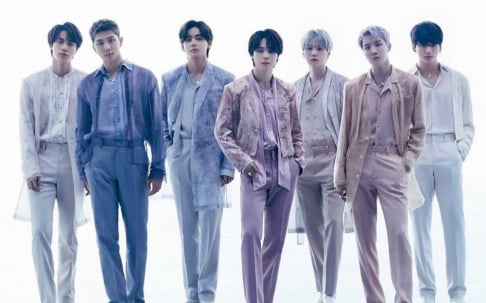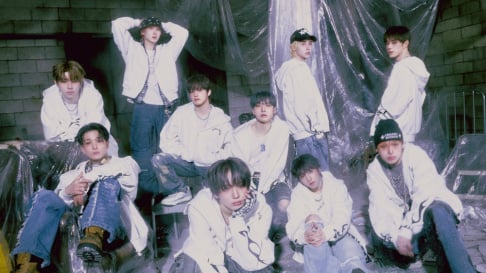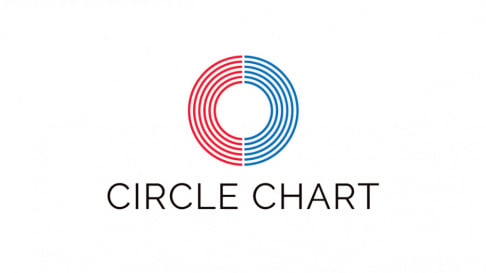
Now is the era of the 4th generation of K-pop idol groups. Since 2010, the K-pop music industry has been rapidly growing in both South Korea and overseas, signaling a change in the K-pop idol market.
The active two-way communication using social media, solid musicality, and differentiated worldview of the idols have led to the rapid growth of the 4th generation of idols. These groups were able to rapidly establish their position in the global market after debuting and joining the K-pop Hallyu wave. Many of the achievements of these 4th-generation idol groups are noteworthy as they successfully entered major music charts such as the US Billboards and also became million-sellers in a short amount of time.
In terms of performances, it can be said that the 4th generation groups have achieved the greatest records and have become irreplaceable. However, there seems to be more work that needs to be done in order for this generation.
There is some homework to be done by the male idol groups from the 4th generation: gaining the popularity of the general public in South Korea. There are many female groups that have gained recognition from the public through their hit songs (for example, aespa's "Next Level," IVE's "Love Dive," and STAYC's "STEREOTYPE"). However, male idol groups have low popularity among the general public relatively.
Nevertheless, that does not mean the quality of their music is low. Rather, compared to the previous generation, the quality of music by the 4th generation boy groups has improved further thanks to the collaboration with world-class staff members to advance into the global market.
Starting from the past, the primary target of girl groups in the idol market has been the general public. This is because securing popularity is more important than anything else.
On the other hand, boy groups have been targeting the fandom rather than securing popularity from the general public. This is because, in the case of boy group fandom, a strong fandom is immediately connected with overwhelming profitability. Therefore, it is natural for boy groups to aim to expand the fandom to the world.
Therefore, in recent times, as K-pop popularity has expanded to the globe, the new idol groups in the 4th generation are more passionately targeting international fans in their global fandom.
Although having strong album sales, 4th generation boy groups have a lower entry rate on South Korean music charts compared to girl groups. Although the general public in Korea knows many of the fourth-generation girl group hit songs, many say they have no clue about the fourth-generation boy group songs. Of course, as K-pop becomes a genre and expands its presence in the global market, it is natural to pursue music and concepts that can target the global market. But the boy groups of the previous generation (for example, BTS, EXO, Big Bang, etc.) were able to achieve popularity with both the general public and fandom together.
Netizens commented, "What's surprising is when I hear a male idol's song for the first time and I think it's good so I see if they're rookies but they're mostly groups that debuted 3-4 years ago," "I think these groups do try to get popularity from the general public but the public doesn't care lol," "I do think the male groups are more focused on international fans now," "They're here to only sell photocards and albums," "These 4th-gen boy groups are making big money without being famous," "Even when they're selling 1 and 2 million albums no one knows who they are," "I recently watched a music show and all of the male idols music sounded the same," "If they're making all that money without being popular do you really need popularity?" and "4th generation groups are too busy with international fans, lol."
 SHARE
SHARE















































Unfortunately, there are simply too many groups to keep track of for the general public to have a definitive interest in. Don't get me wrong, there are still popular 4th gen groups within the general public, but when you compare the number of groups within the 4th gen vs the 2nd and 3rd gens, it's a bit overwhelming to see. Too much competition and over-saturation of the market, so it's harder to climb up the charts when you're fighting against so many other groups
2 more replies